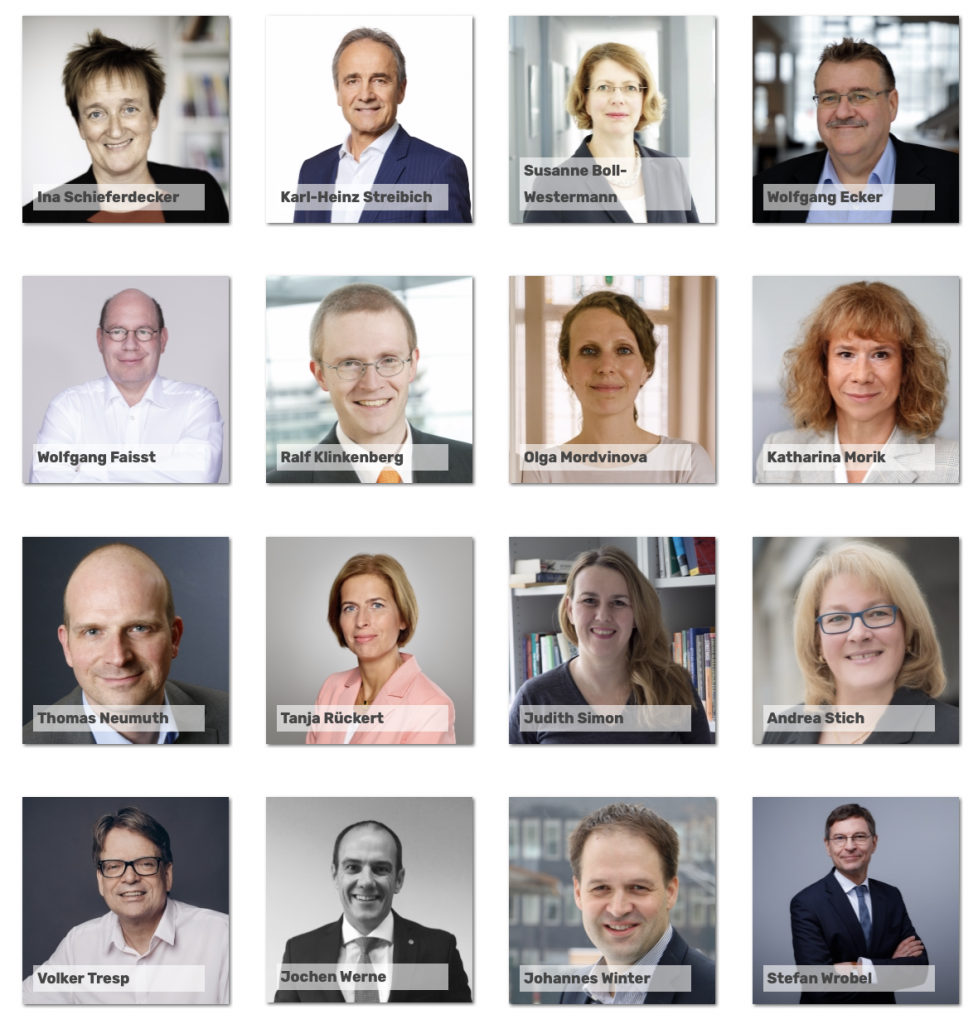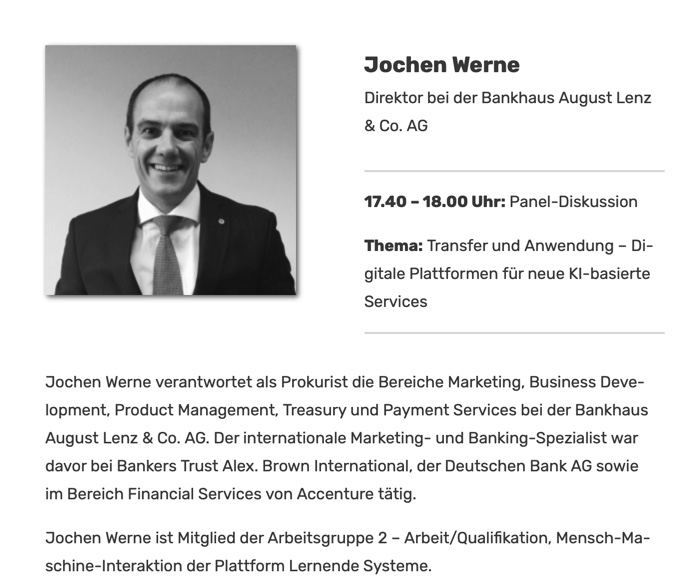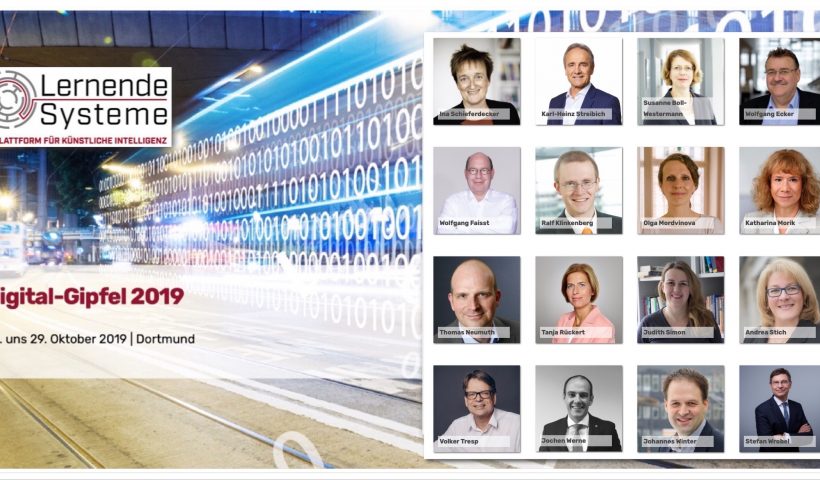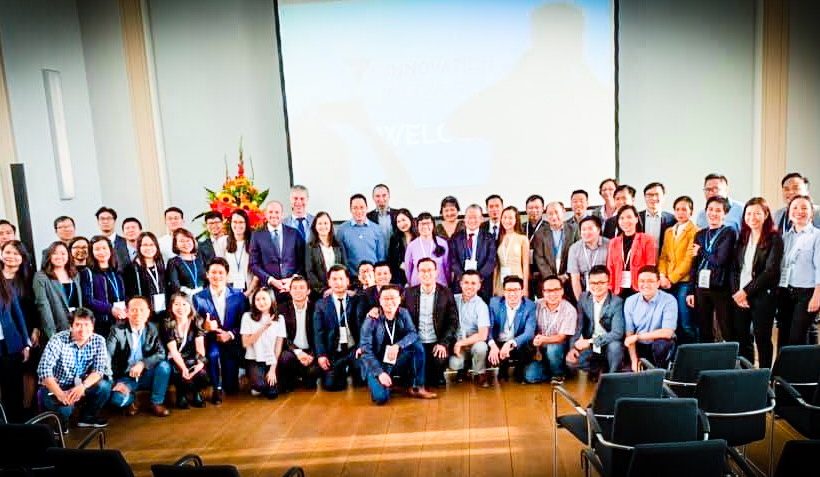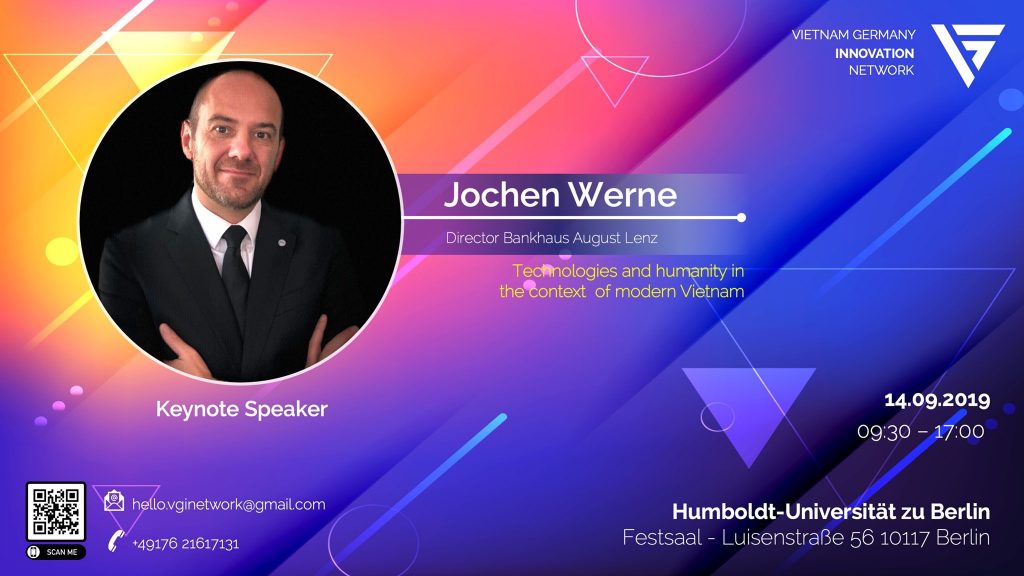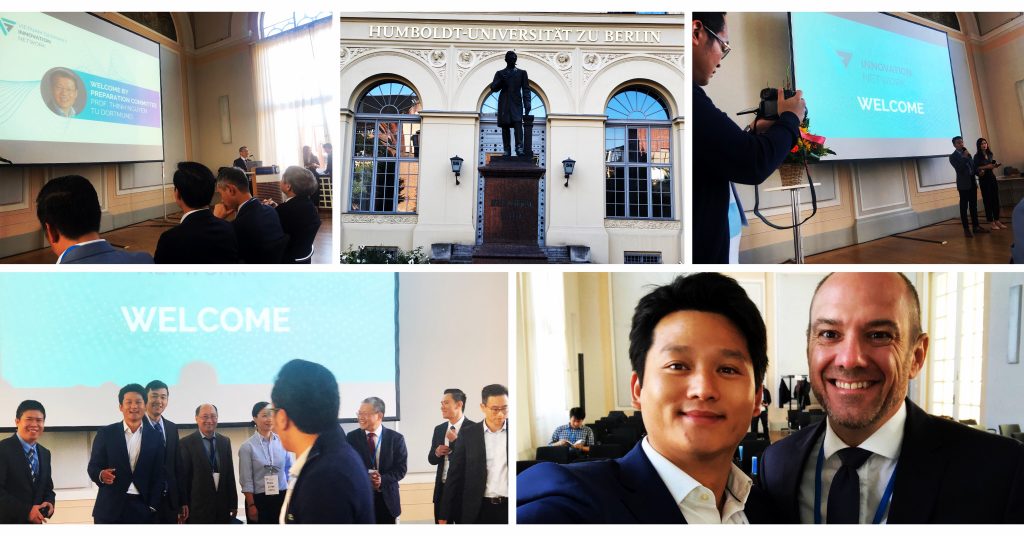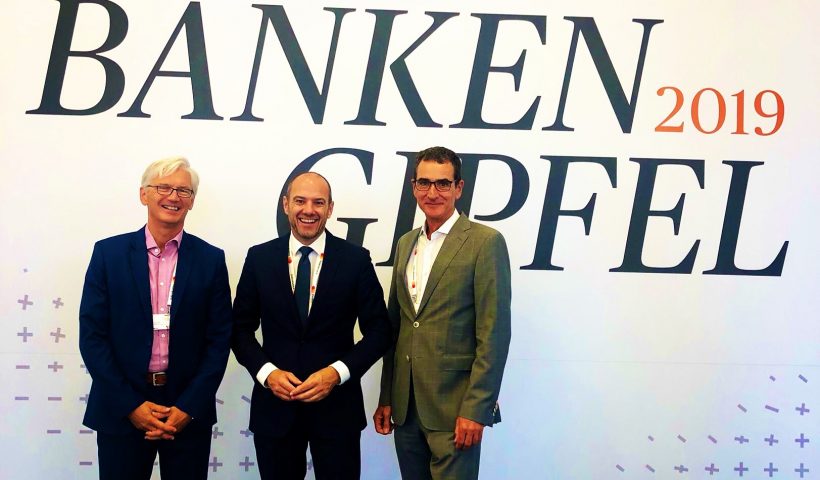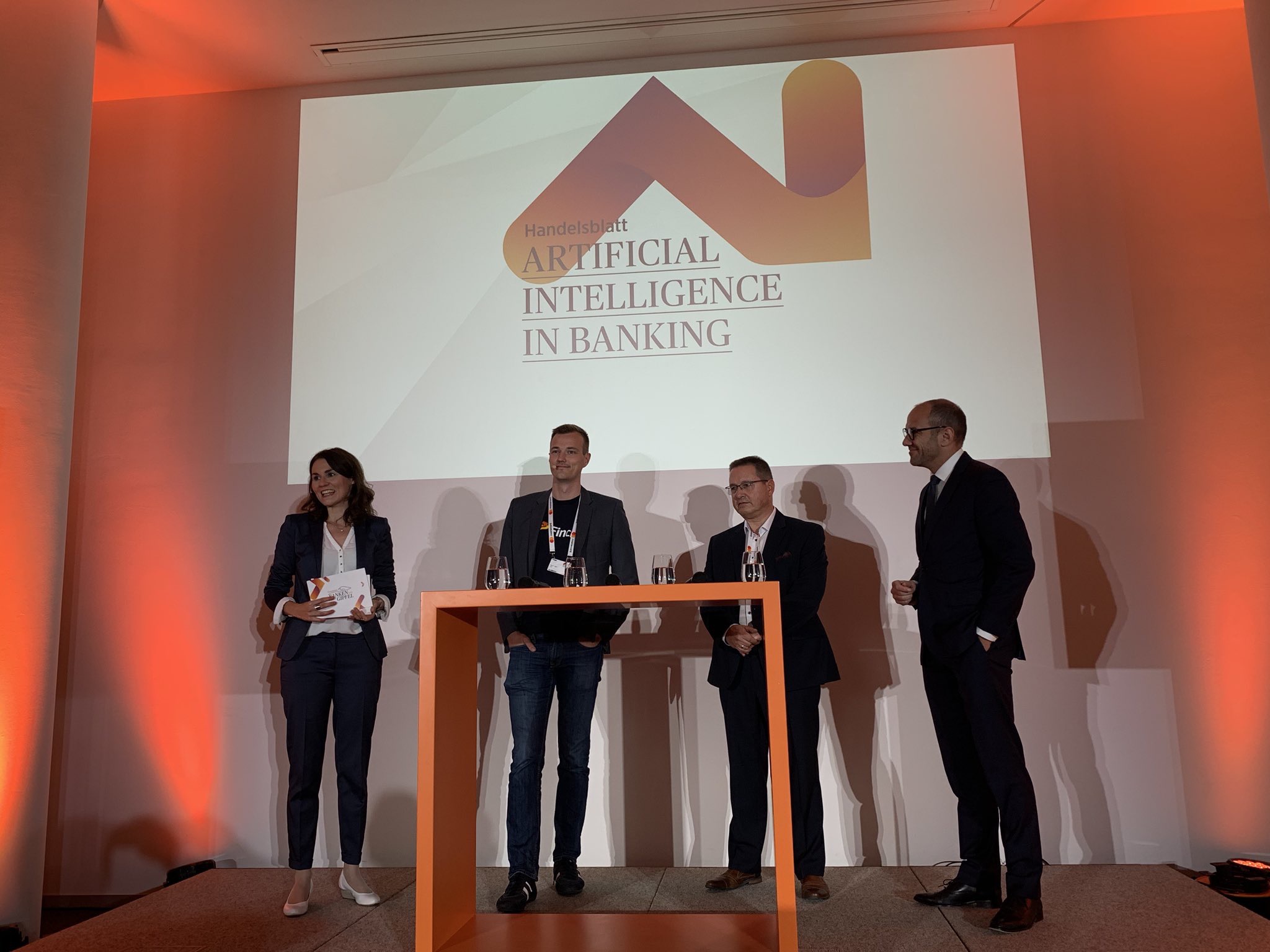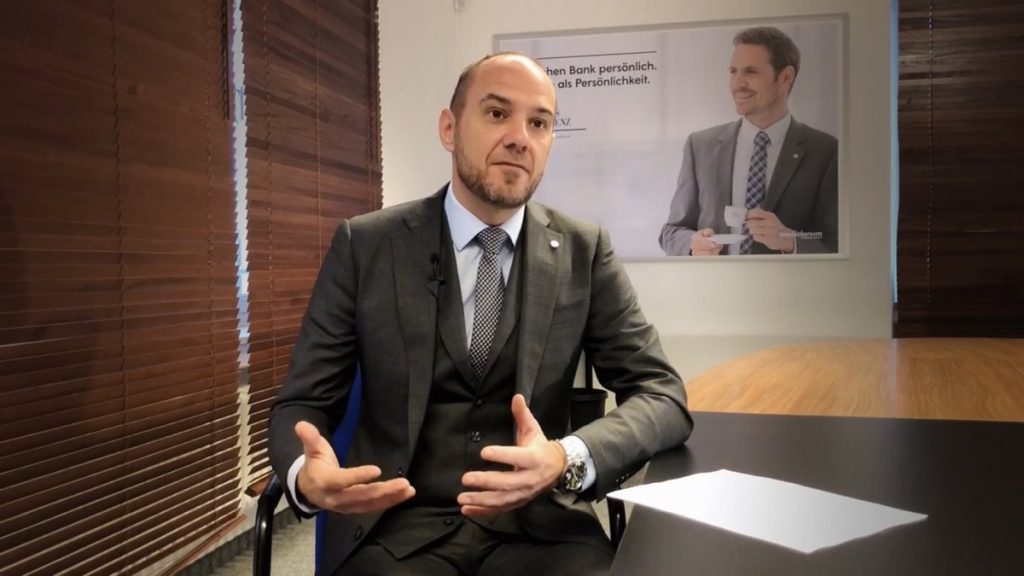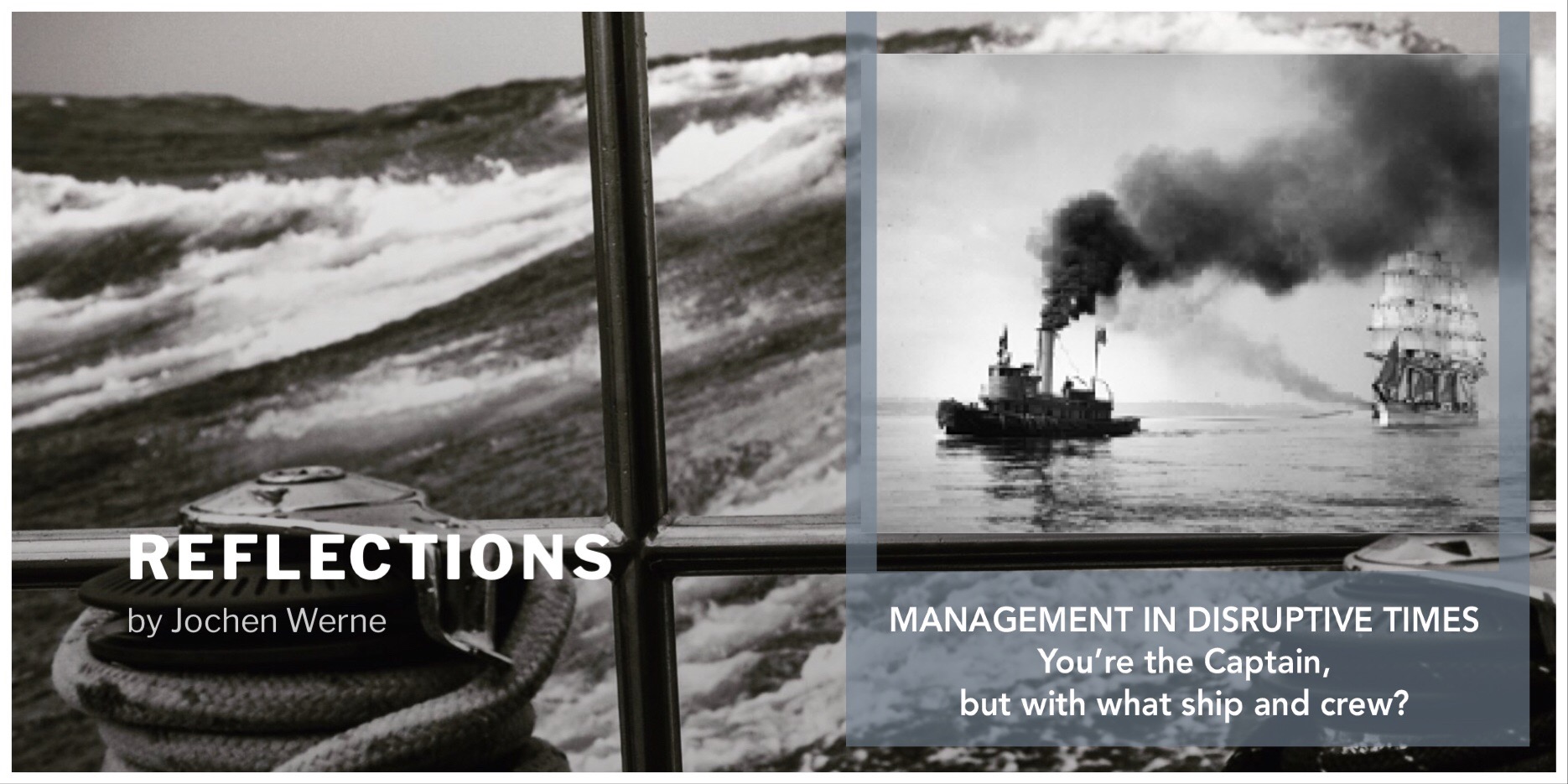Author Jochen Werne – Original in German at Bank-Blog – Translation by DeepL
Banks have to become guides for investors
Financial blogs, online communities & Co.: The ubiquitous flood of information can be both a curse and a blessing for bank customers and investors. Today more than ever, banks and savings banks must be “guides” for their customers.
Anyone who wants to invest money today gets a flood of information about the net. Dedicated private investors worldwide can be almost as well informed as professionals, in case of interest and sufficient know-how and time. Never before in the history of mankind have so many people worldwide had so much information at their disposal. Whether prices in real time, the latest assessments by analysts or experts, key figures on a security in an industry comparison, the diversity of opinion in a community – all this is available around the clock.
How intensively and purposefully this offer is used is another question. It can be assumed that only a minority is so urgently concerned with their investment or can be so concerned at all. In addition, the situation of the decision-maker is adversely affected by two factors: the excessive amount of unfiltered information and the classic behavioral finance problem.
Coping with the abundance of data and big data
Alvin Toffler, who brought the term “information overload” to prominence in his bestseller “Future Shock” in 1970, described the phenomenon and its consequences as follows:
“Information overload occurs when the input quantity of a system exceeds its processing capacity. Decision makers have a fairly limited cognitive processing capacity. Therefore, if information overload occurs, it is likely that a decrease in decision quality will occur.”
Consequently, it can be concluded that the wealth of information that accumulates every day can hardly be processed by a classic investor alone, let alone placed in the right context. In addition, there is an almost unmanageable and constantly growing mass of financial products for private customers. In short, a large proportion of investment decisions are therefore not made analytically correct, but spontaneously subjectively and emotionally, as the studies by Nobel Prize winners Kahneman and Tversky show.
Banks as a guide only for wealthy clients?
Clay Shirky, writer and consultant for Social and Economic Effects of Internet technologies and well-known in New Media circles, presented an interesting reflection on the problem of information overload:
„It’s not information overload. It’s filter failure.“
This provides a great opportunity for traditional banks to position themselves as problem solvers for the investor. The alternative – at least for wealthy private clients – apart from filtering their own information mass, is dialogue with a competent expert. A person they trust – and trust to not only filter out from the wealth of data what is relevant to their needs, but also to protect them from the classic emotional mistakes of financial decisions in volatile markets.
Development of a new, adequate support concept for all bank customers
All those who do not belong to this clientele, and this is mostly the classic retail customer, have little more than to accept the zero interest rate on their accounts and short-term securities. According to Bundesbank statistics, the majority of Germans have invested their assets in these forms of investment. This makes the Federal Republic a leading nation in financial matters when it comes to missed opportunities, as can be read again and again in the Sunday editions of the major national daily newspapers.
Today more than ever, the function of bank and financial advisors must be to act as filters and guides for customers in the jungle, providing them with a flood of information. Because no algorithm, no digital advisory service can protect the investor from an ill-considered, intuitive and possibly wrong decision. For modern bank management, this means setting up a completely different support concept with cost-efficient consulting structures, a powerful and highly flexible team and the appropriate digital and mobile equipment.
